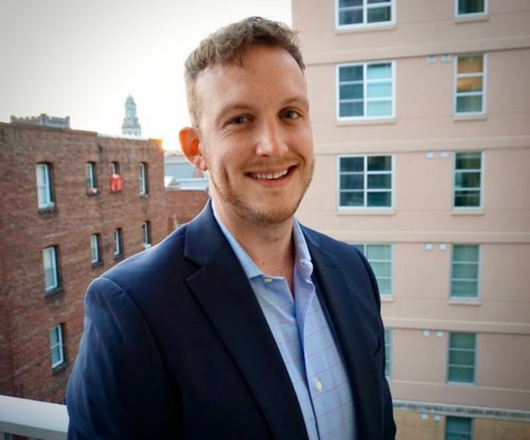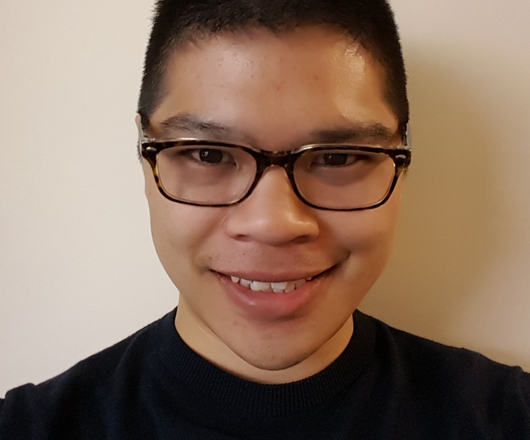Strategic Questions
The Andrew W. Marshall Fellow experiment provides Fellows the time, space, resources, and guidance to take new approaches to explore the strategic questions facing the United States.
In keeping with the spirit of Andy Marshall’s legacy, Fellows have great freedom to select a topic to explore over a two-year period in residence at a host institution. They are valued for their original thinking and are expected to think broadly, creatively, and break new analytical ground.
2022-2024 Andrew W. Marshall Fellow
Center for Security and Emerging Technology, Georgetown University
Owen J. Daniels is Associate Director for Analysis at Georgetown’s Center for Security and Emerging Technology (CSET), shaping policy-relevant research across the organization’s analytical portfolio and exploring emerging tech’s defense implications in his writing (view his CSET work here). He sits on Young Professionals in Foreign Policy’s global leadership team as Publications Fellow. Before CSET, he worked at the Institute for Defense Analyses’ Joint Advanced Warfighting Division, researching AI and autonomous weapons norms and joint concepts. He has also worked in the Atlantic Council’s Scowcroft Center and at Aviation Week. Owen majored in International Relations with minors in Arabic and Near Eastern Studies at Princeton University.
As a Fellow, Owen is exploring broad questions related to U.S. technology strategy, particularly in the context of U.S. partners and allies and their relationships to U.S. competitors.

Inaugural Andrew W. Marshall Fellow
Benjamin Angel Chang served as the inaugural Andrew W. Marshall Fellow and spent over a year in residence at Georgetown’s Center for Security and Emerging Technology (CSET). Currently, Ben is an adjunct political scientist at RAND and a resident at Constellation focusing on the national security implications of artificial intelligence. He received his Ph.D. from MIT, where he studied AI’s impact on the U.S.-China military balance. He was previously a senior analyst at the Long Term Strategy Group, and received his A.B. (summa cum laude) from Princeton University’s School of Public and International Affairs. He is a recipient of the National Science Foundation Graduate Research Fellowship.
As an AWM Fellow, Ben explored intentionally broad questions related to U.S.-China competition, using his expertise in artificial intelligence as a framework for structured thinking about this hard problem. Ben examined questions such as competition duration, objectives, the meaning of competition, and the meaning of success.

